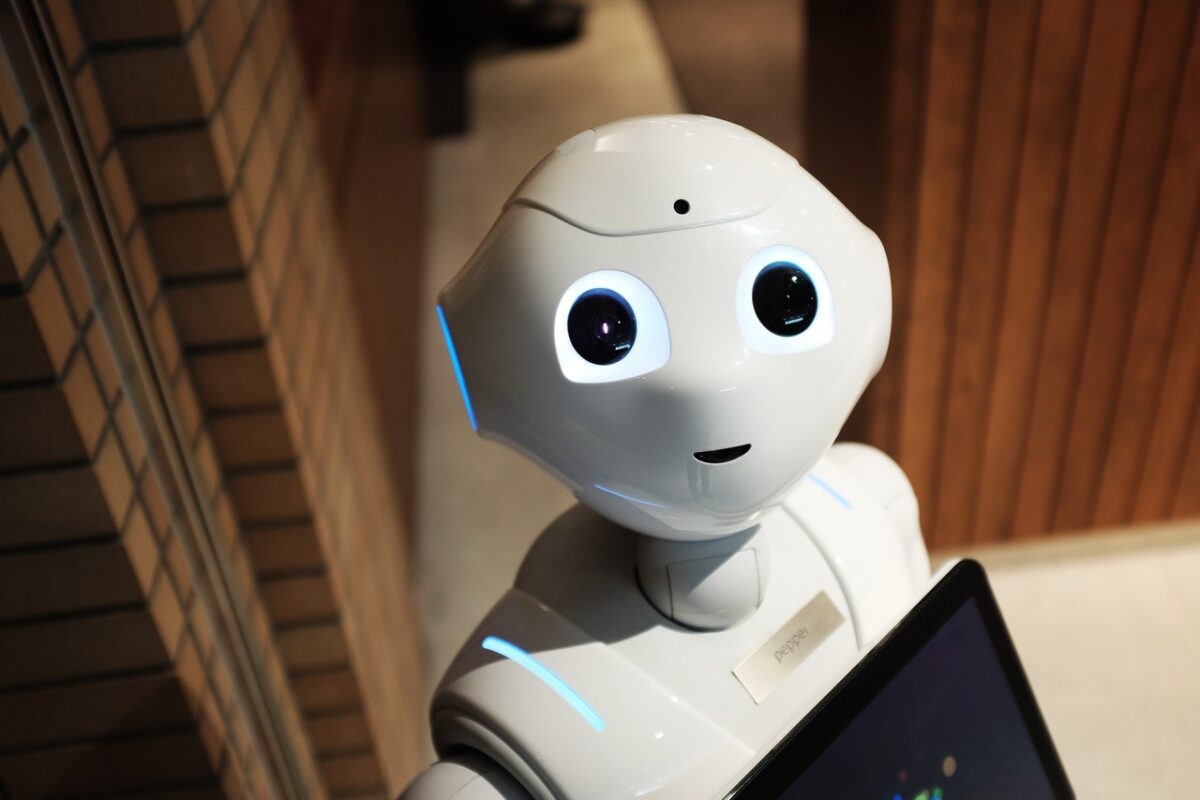Hong Kong – Previous entrepreneurial experience is one key factor that can influence and spell out success for people planning a start-up launch, a big contrast to the common anecdotal impression that ‘college dropouts’ have successfully established their own companies, a new research article shows.
Through the research, data have pointed out that entrepreneurs with no prior experience tend to concentrate too much on one role, such as being the product developer and lose sight of other important things. On the other hand, experienced entrepreneurs tend to do a more balanced job.
Business ideas of experienced entrepreneurs were 12.7 percent more creative and 7.7 percent more profitable than inexperienced entrepreneurs when they were placed in that situation. Meanwhile, experienced entrepreneurs were 9.4 percent less innovative than inexperienced entrepreneurs when there was no tension between the two roles.
Furthermore, the study found that entrepreneurs with less experience tend to produce fewer ideas that were deemed novel when asked to assume the role of a businessperson, whereas experienced entrepreneurs were able to maintain their ability to generate creative ideas even when they were in salesman mode. On the other hand, inexperienced entrepreneurs produced fewer ideas that were deemed by experts to be commercially viable when they assume the role of an inventor while experienced entrepreneurs did not display any reduction in performance.

“Being an entrepreneur is a balancing act. Although entrepreneurs should seek to produce products which are both unique and useful as well as being commercially viable, doing so can be difficult. For example, an entrepreneur may channel their inner inventor to create highly unique products, but that’s no good if they don’t consider market demand. It is essential for entrepreneurs to achieve both goals simultaneously to succeed,” says Ying-yi Hong, Choh-Ming Li professor of management at CUHK Business School, and one of the proponents of the study.
The study was conducted alongside Siran Zhan at the University of New South Wales College and Prof. Marilyn Ang Uy at Nanyang Technological University.
“We expect experienced entrepreneurs to have developed a more holistic knowledge structure in which their inventor and businessperson roles are integrated. In contrast, novice entrepreneurs who lack prior entrepreneurial experience may see their two role identities as separate and disjointed. Thus, experienced entrepreneurs tend to be capable of processing a greater amount of information in a given instance and see the big picture, which novices tend to neglect,” Hong commented.
The study was conducted with the help of 108 entrepreneurs who were in the process of starting a new venture to participate in an experiment, 40 of which were experienced entrepreneurs who had started businesses before.
“These [business] situations would have stimulated them to reconcile their different demands and as a result they become better able to distribute their attention to the related tasks evenly. In doing so, experienced entrepreneurs develop a close association between their creative and business mindsets, such that the activation of one role would trigger the activation of the other. Therefore, an experienced entrepreneur can be an inventor and a salesperson at the same time in different situations,” the researchers concluded in a press statement.


